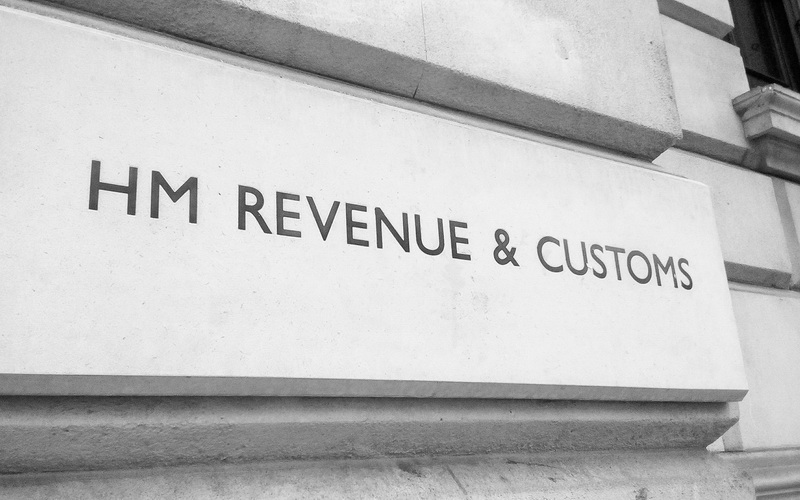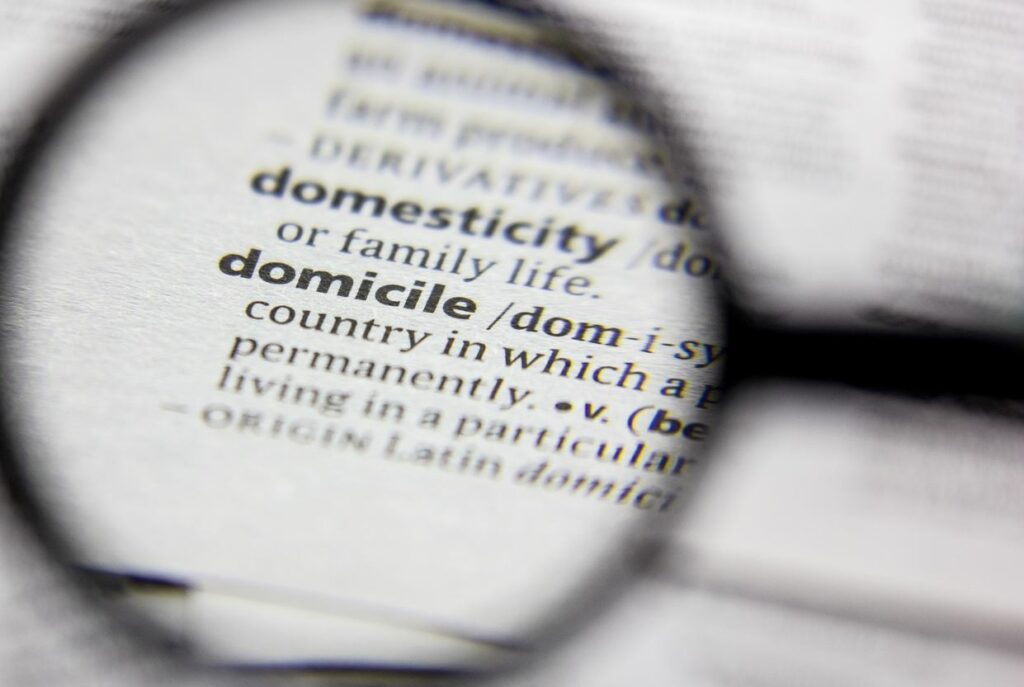Interest for not paying HMRC on time now 7.75%
Taxpayers need to pay what they owe and file on time
Pay any tax you owe to HMRC by January 31st or receive increased interest charges and penalties, which can quickly ramp up.
Stefanie Tremain, Tax Partner said:
“If any tax due by 31 January 2024 is not paid in time, HMRC will charge interest. Currently at a rate of 7.75% per annum, from the due date to the date of payment. In addition, a 5% penalty will be charged if the 2022/23 balancing payment is not paid within 30 days of the due date, with an additional 5% penalty charged if the tax remains outstanding after 6 months and 12 months.”
“Penalties can rack up quickly and it’s important that taxpayers file their returns and pay their tax by the deadline or as soon as possible afterwards. In previous years, interest may not have been that much of a concern – for example, the interest charged by HMRC in February 2022 was only 2.75% – but with the rate currently at 7.75% this can quite quickly become a painful additional cost. At the very least, taxpayers should consider making an estimated payment by 31 January to reduce interest charges, even if they cannot file their completed return on time.”
Most taxpayers are aware that the deadline to file your 2023/24 Self-Assessment Tax Return is 31 January, but as the clock ticks down to the deadline, what happens if you file late?
Firstly, if your tax return is filed after midnight on 31 January a £100 late filing penalty will be charged regardless of whether any tax is due. If the tax return is still outstanding after 3 months (30 April 2024) £10 daily penalties will start to be charged, up to a maximum of £900. If your tax return remains outstanding after 6 months, a tax geared penalty will be charged at the rate of £300, or 5% of your overall tax liability, if that is higher. If your return is over 12 months late, another £300 (or 5% of the overall tax liability if greater) penalty will be charged.
It is possible to appeal a late filing penalty if you have what HMRC consider to be a ‘reasonable’ excuse for filing late. The rules are quite strict, and some examples of what HMRC may consider a reasonable excuse include:
- your partner or another close relative died shortly before the tax return or payment deadline
- you had an unexpected stay in hospital that prevented you from dealing with your tax affairs
- you had a serious or life-threatening illness
- your computer or software failed just before or while you were preparing your online return
- service issues with HM Revenue and Customs (HMRC) online services
- a fire, flood or theft prevented you from completing your tax return.
Taxpayers have 12 months to file an amendment to their tax return if they realise, they have made an error, so until 31 January 2025 to file an amendment to the 2022/23 tax return. If the amendment means that you have underpaid tax, interest will be charged (as above) from the original due date until the date it is paid. You could, however, amend your return if you realise you have missed a relief you are entitled to, such as relief for Gift Aid donations or pension contributions, which means you may be due a tax refund. An amendment will also, however, give HMRC longer to open an enquiry into the part of your return that is amended.
Ways to help with your tax bill
Firstly, if you are due to make payments on account for the following tax year, think about whether these advance payments can be reduced. Payments on account assume your income will be at the same level as the prior year – so the 2023/24 payments on account will assume your 2023/24 income will be the same as for 2022/23. If you know your taxable income will be lower, you can claim to reduce the payments on account either through your tax return or via your online tax account after your tax return has been submitted. Care should be taken, however, as HMRC will charge interest from the original due dates if the payments are over-reduced (and possibly penalties).
If taxpayers are really struggling to pay their tax bill, they should call HMRC and request a Time to Pay arrangement. Such arrangements are specific to each taxpayer and will depend on your own individual position as to whether HMRC agree to a Time to Pay and, if they do agree, what the terms will be.
Would you like to know more?
If you would like to discuss any of the above in more detail, please get in touch with your usual Blick Rothenberg contact or with Stefanie Tremain using the form below.
“
Contact Stefanie

You may also be interested in

Another bumper tax take for HMRC

Domicile enquiries: HMRC’s approach and what taxpayers need to be aware of













